Back
brijesh Patel
Founder | Venture Pa... • 5m
Law 1: The Law of Exclusivity This law states that in the minds of consumers, a single word or concept can only be owned by one company. If a competitor already "owns" a particular word (like prestige, affordability, or reliability), it is nearly impossible for another company to take it from them, no matter how superior their product might be. Key Steps & Principles: 1. Own a Word: A business must aim to be synonymous with a specific word or category in the customer's mind. 2. Be First in the Category: The most effective way to own a word is to be the first to create or dominate that category. 3. If You're Not First, Create a New Word: If a competitor already owns a word, you must own a different word, even if your product is in the same category. Examples from the sources: • Jawa vs. Royal Enfield: Jawa launched superior bikes with better acceleration and engines, but failed because Royal Enfield already "owned" the word "muscular bike" or "prestige" in the minds of Indian consumers. Jawa tried to fight for the same word and lost. • Genericised Brands: Several brands became so dominant that their name became the word for the entire category: ◦ Xerox for photocopy. ◦ Scooty (a TVS model) for any gearless scooter. ◦ Surf for any detergent powder. • Tata Salt: By being the first branded, iodised salt in India, Tata Salt successfully owned the word "trust" ("desh ka namak"). Despite competition from brands like Captain Cook and Annapurna, it remains the market leader. • Indian Car Market: Different car companies succeeded by owning distinct words: ◦ Maruti Suzuki: Owns "affordable". ◦ Honda: Owns "class". ◦ Hyundai: Owns "features". ◦ Toyota: Owns "reliability" and "dominance" (with Fortuner). ◦ Mahindra: Owns "ruggedness". ◦ Tata: Focused intensely on owning the word "safety". • PhonePe vs. Paytm: Paytm was the undisputed fintech leader but was involved in everything from tickets to rent. PhonePe focused its branding exclusively on one word, "UPI Payments", and became the market synonym for it, surpassing even Paytm and Google Pay
Replies (2)
More like this
Recommendations from Medial
Mahendra Lochhab
Content creator • 1y
Those Indian brands that look foreign to you. Jaguar Land rover: Tata Group had bought Jaguar and Land Rover in 2008. Royal Enfield: Royal Enfield is owned by Acher Motors of India. Hamlays: Reliance Industries had bought Hamlays in 2019 for ₹620
See MoreSiddharth K Nair
Thatmoonemojiguy 🌝 • 9m
From Bitter Start to Salty Success: How Tata Salt Became India's No.1 In the 1980s, Tata Salt’s launch wasn’t smooth. Indians were used to buying loose salt at local shops, and many found the idea of packaged salt unnecessary and expensive. Initial
See More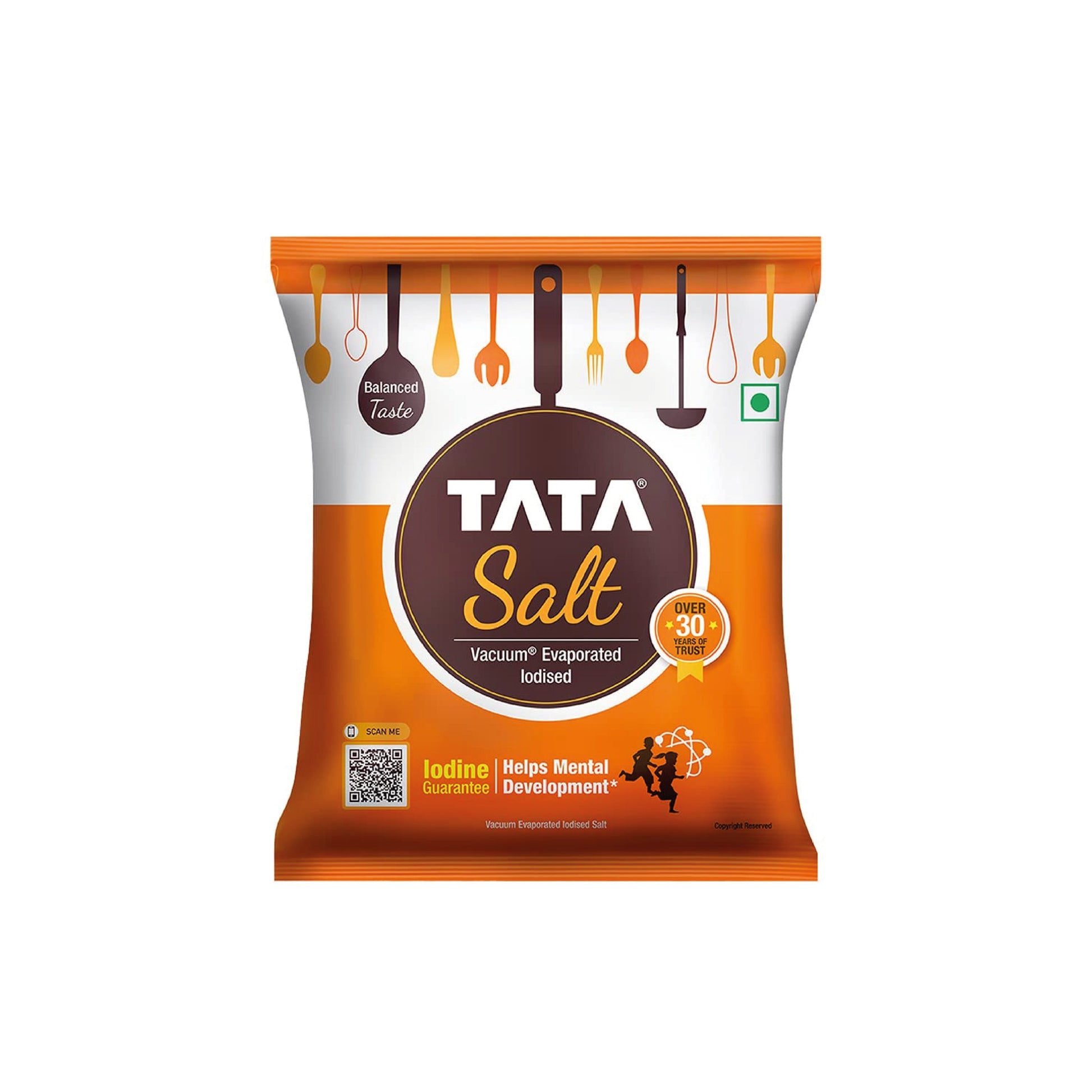
gray man
I'm just a normal gu... • 9m
Paytm Cloud Technologies Ltd (PCTL), a subsidiary of fintech major Paytm, has established a wholly owned subsidiary in the United Arab Emirates (UAE). In a regulatory filing, Paytm announced that PCTL’s board has approved an investment of AED 8 mill
See More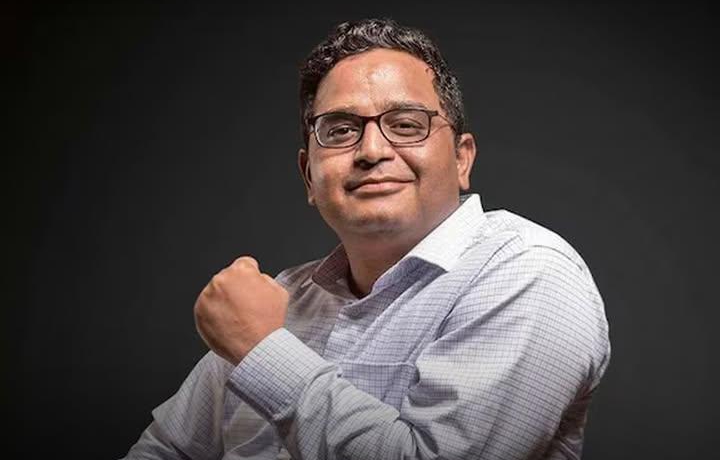
Aditya Vikram
Hey I am on Medial • 8m
Hi I so my family has a big salt manufacturing facility but i wanted to try rose salt, basically rosé infused salt. It’s enhances the flavour, changes colour, adds antioxidants to salt and completes the nutrition profile, could be done both with pink
See MoreDownload the medial app to read full posts, comements and news.





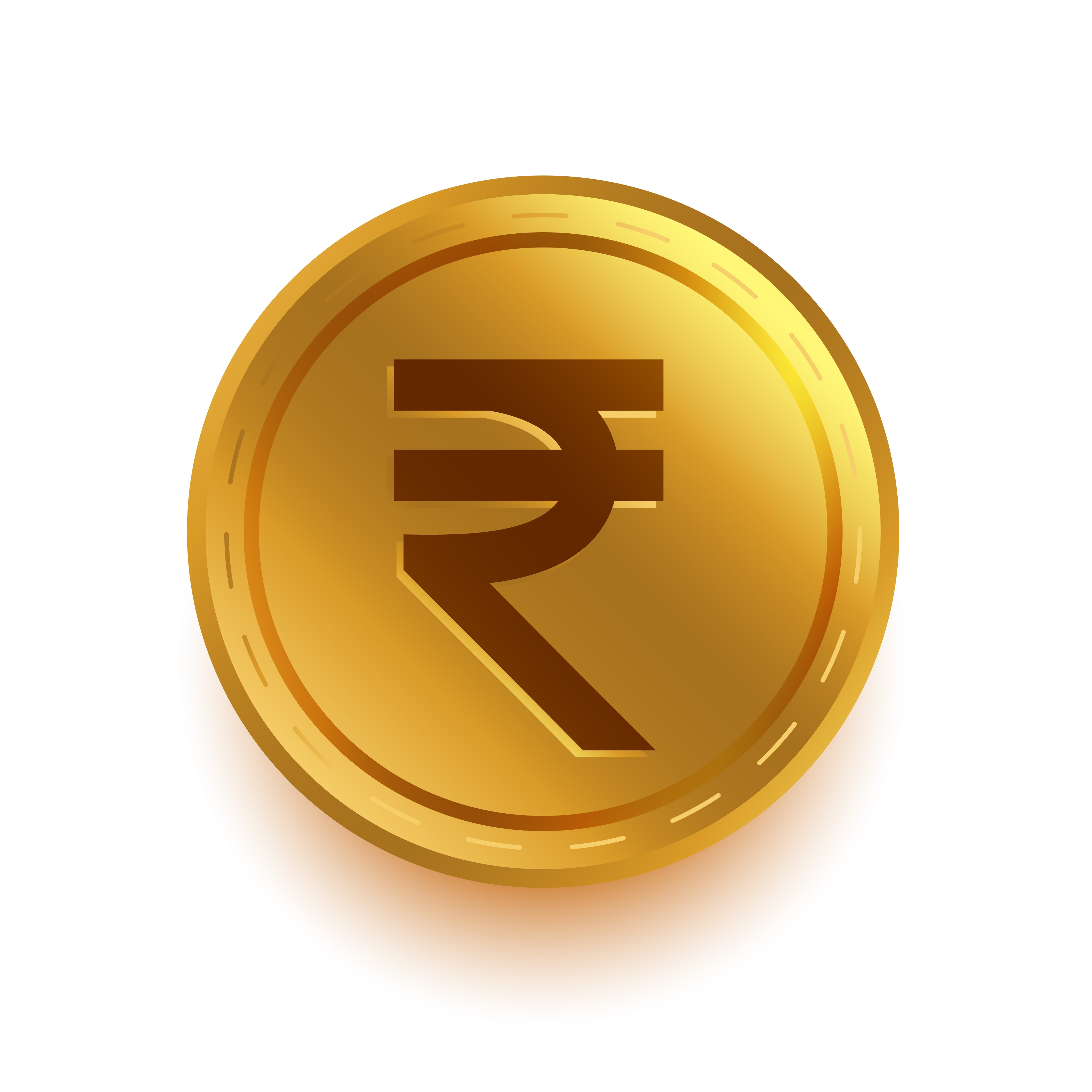






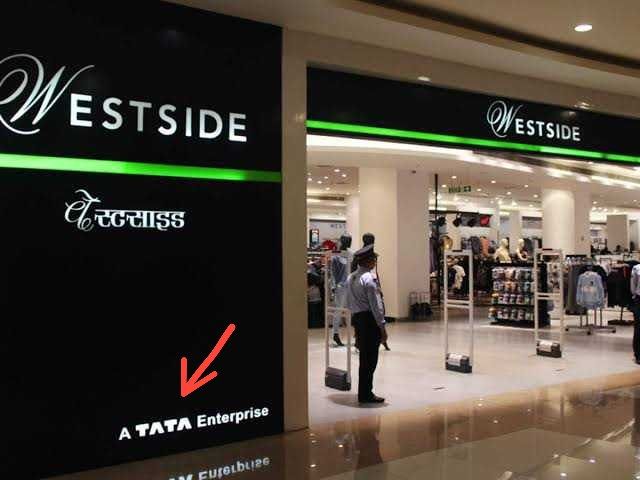
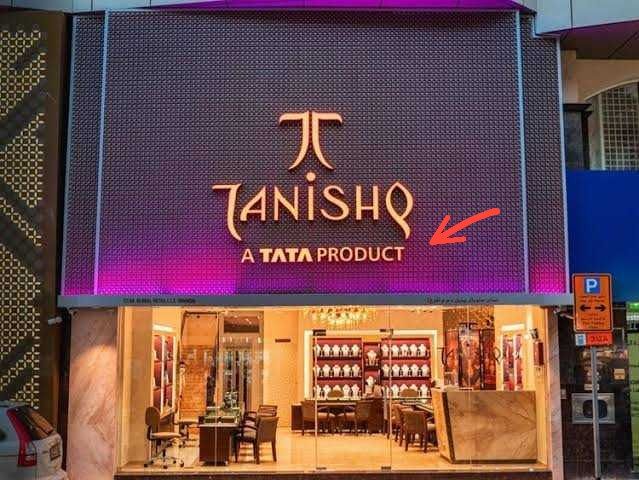
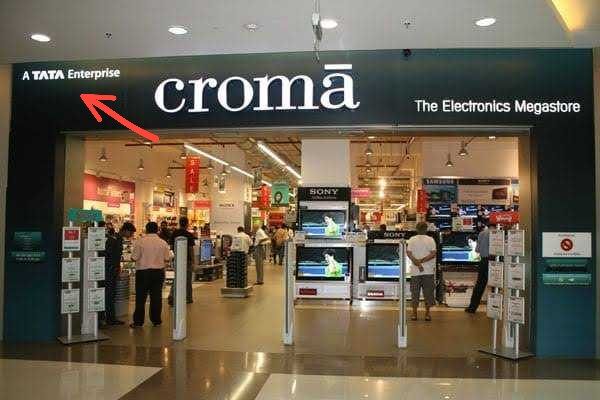
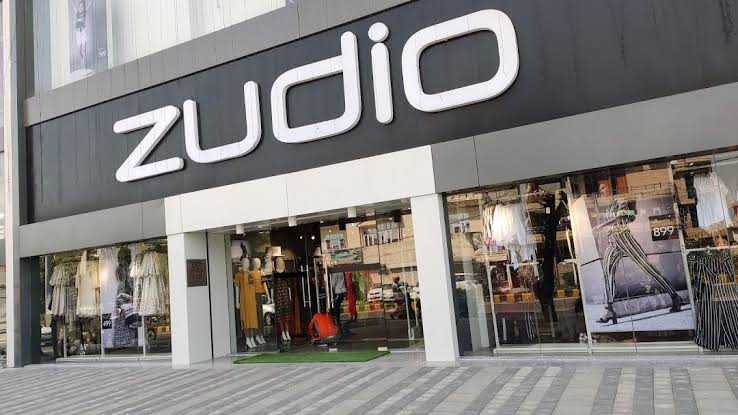

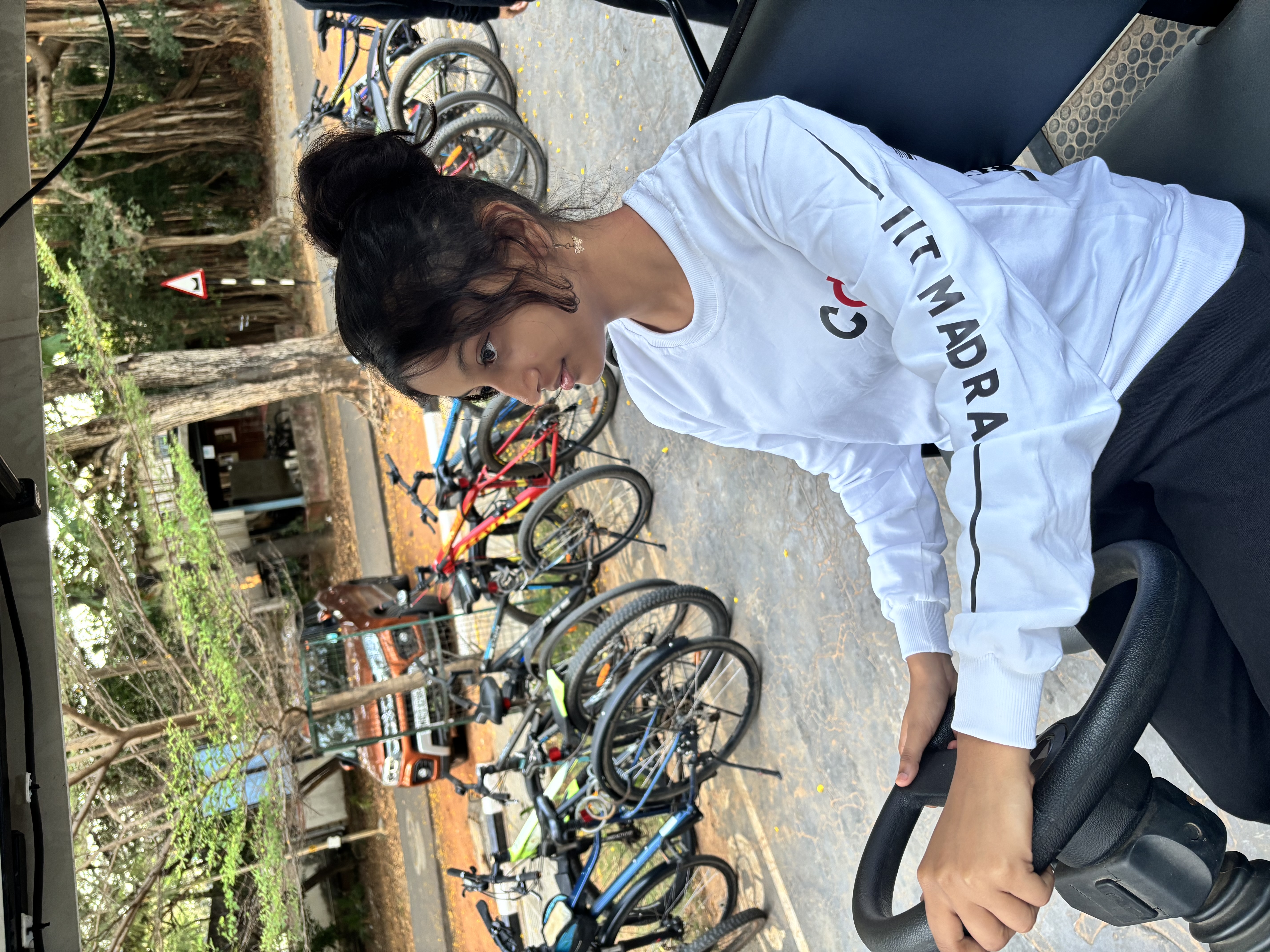
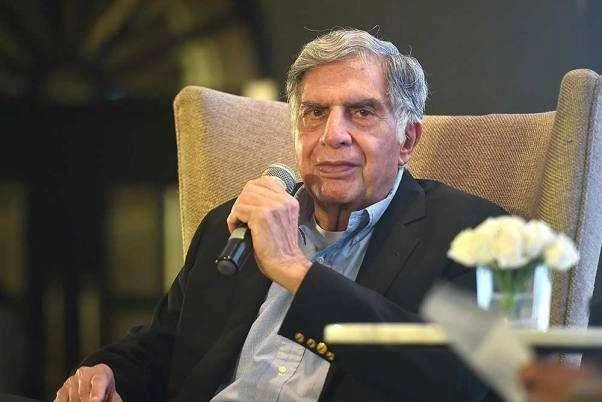


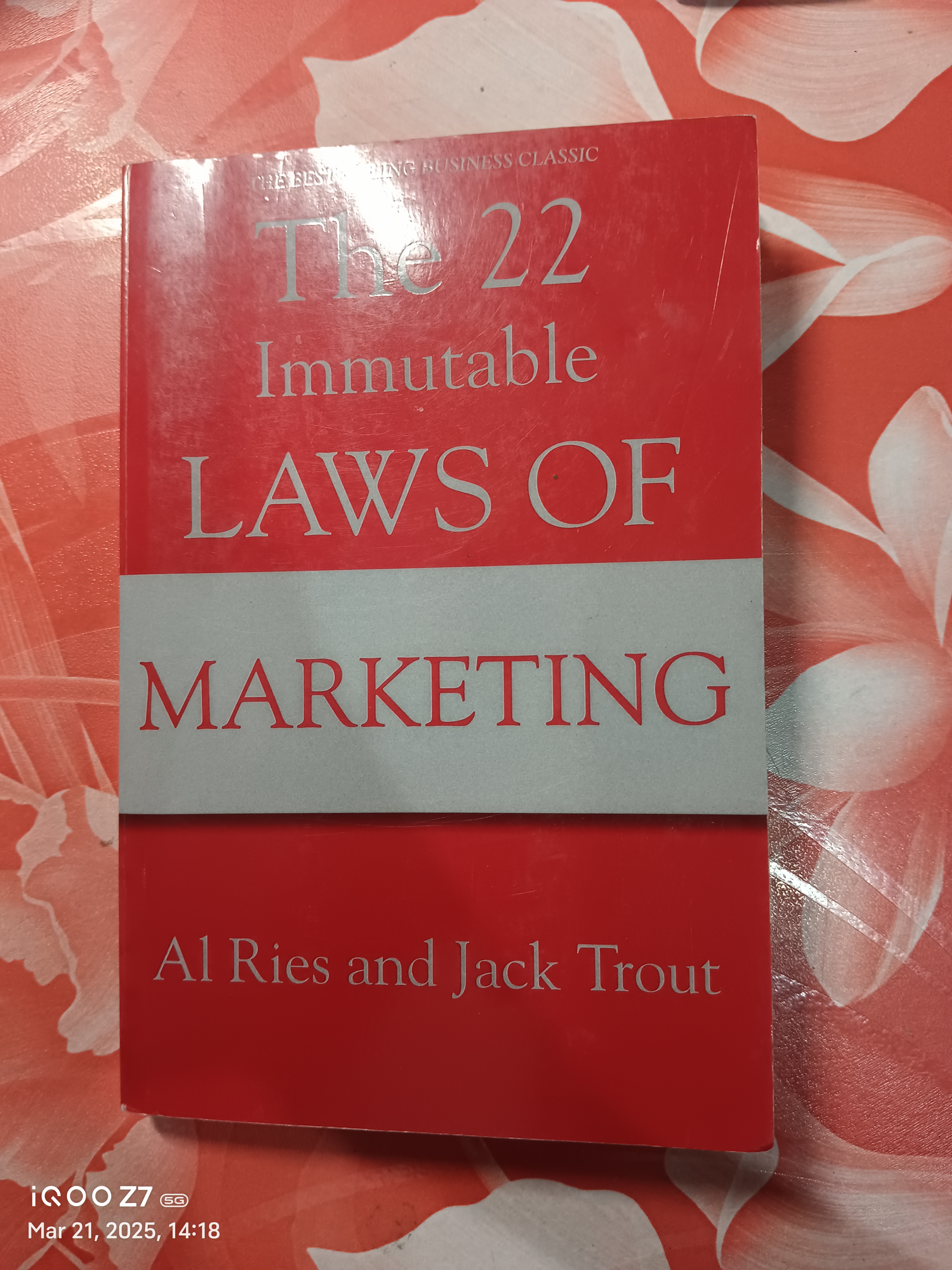


/entrackr/media/post_attachments/wp-content/uploads/2021/08/Accel-1.jpg)



















